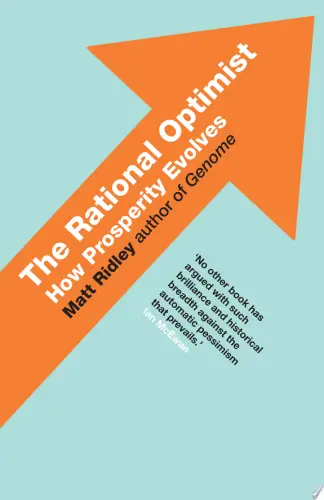The Rational Optimist
How Prosperity Evolves
What's it about?
The Rational Optimist: How Prosperity Evolves by Matt Ridley offers you a compelling exploration of how human progress is driven by exchange and collaboration. Ridley argues that through trade and innovation, societies have consistently improved over time. You'll discover how this evolution fosters prosperity, even amidst challenges. Key insights include the power of ideas, specialization, and market dynamics in shaping a better future. This book will encourage you to view the world through an optimistic lens, grounded in historical evidence and rational thought.
About the Author
Matt Ridley is an author and journalist known for exploring science, economics, and human progress. His notable works include "The Rational Optimist" and "Genome." Ridley often presents a hopeful view of technology and development, emphasizing innovation, adaptability, and the power of collective intelligence in driving societal advancement.
5 Key Ideas of The Rational Optimist
The Power of Trade: Embracing the Exchange of Ideas
Embrace the exchange of ideas and goods to drive innovation and create expansive opportunities.
Imagine a marketplace where not only goods but also ideas flow. Think of the invention of the internet, which wasn't a product of one mind but an intertwining of technology and purpose-driven collaboration across the globe.
- Driving Innovation: Trade—whether of tangible goods or ideas—uncovers novel solutions and amps up creativity by combining diverse perspectives.
- Prosperity Growth: Historical patterns have shown that regions with vigorous trading activities often experience heightened prosperity.
- Cultural Harmony: Sharing ideas cultivates understanding and tolerance among varying cultures, fostering peace and cooperation.
Connect with someone from a different profession or background today and discuss a challenge you both face. Notice how diverse perspectives can illuminate fresh solutions.
Avoid the narrow-minded view that collaboration diminishes individual achievement. Remember, exchanging ideas enhances everyone's growth.
Optimism Bias: Cultivating Hope in the Face of Adversity
Harness an optimism bias to see potential instead of limitations, driving you toward achievable aspirations.
Consider a gardener who plants seeds in fall. Even faced with cold and barren landscapes, the optimism of spring's promise fuels their labor and patience.
- Fueling Persistence: Optimistic individuals often persevere longer in their ventures, believing in positive outcomes even when success seems elusive.
- Obstacles as Opportunities: With an optimism bias, challenges transform into manageable tasks rather than insurmountable barriers.
- Motivational Energy: Optimism breeds enthusiasm, encouraging proactive approaches and ambitious goal-setting.
Visualize a positive outcome for a current worry or challenge you face. Write down three steps you could take to move toward that desired outcome.
Don’t confuse optimism with blind faith. Stay grounded by balancing hopeful thinking with realistic planning.
Technological Evolution: Riding the Wave of Change
Continuously adapt to technological advancements to enhance efficiency and expand your creative horizons.
Recall how the smartphone has revolutionized connectivity, not just reshaping communication but fundamentally transforming how we work and play.
- Enhanced Productivity: Technology boosts efficiency and frees up time for innovation by automating mundane tasks.
- Creativity Platforms: By merging technology with creativity, individuals can reinvent industries and explore untapped avenues.
- Scale and Reach: Advances in technology allow products, ideas, and services to reach a global audience with unprecedented ease.
Learn a new technology or tool that can improve your daily tasks or projects. Start small, such as a productivity app or an industry-specific software tool.
Don’t resist change out of fear. Staying static in a dynamic world can lead to stagnation rather than progress.
Deeper knowledge. Personal growth. Unlocked.
Unlock this book's key ideas and 15M+ more. Learn with quick, impactful summaries.
Read Full SummarySign up and read for free!
The Rational Optimist Summary: Common Questions
"The greatest resource of all is the resourcefulness of humans." This line from Matt Ridley's "The Rational Optimist" encapsulates the essence of the book. Ridley explores how exchange and specialization have driven human progress and prosperity throughout history, debunking the notion of a grim future and advocating for an optimistic outlook.
The book delves into the power of ideas and innovation in shaping our world, emphasizing that interconnectedness and trade have led to the improvement of living standards worldwide. Ridley's writing style is engaging, backed by solid research and thought-provoking analyses that challenge conventional wisdom. However, some might find his emphasis on unbridled optimism and faith in markets to be oversimplified.
Overall, "The Rational Optimist" is a compelling read for those interested in understanding the forces behind human development and economic progress. If you enjoyed books like Steven Pinker's "Enlightenment Now" or Yuval Noah Harari's "Sapiens," this book will be right up your alley.
Experience Personalized Book Summaries, Today!
Discover a new way to gain knowledge, and save time.
Sign up for our 7-day trial now.
No Credit Card Needed

Similar Books

Comprehensive Casebook of Cognitive Therapy
Frank M. Dattilio
The Piano Teacher
Elfriede Jelinek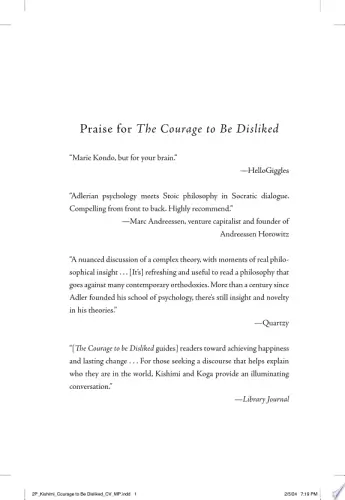
The Courage To Be Disliked
Ichiro Kishimi
We Were Liars
E. Lockhart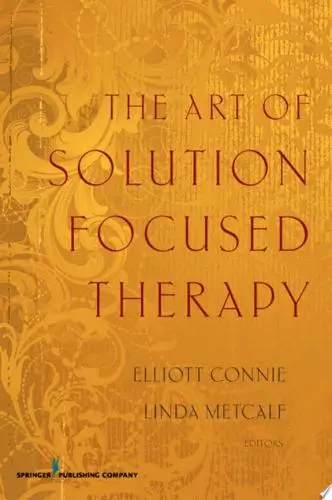
The Art of Solution Focused Therapy
Elliott Connie, MA, LPC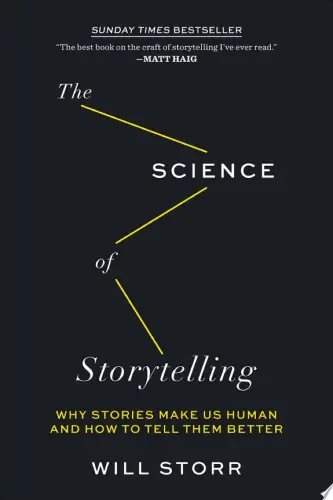
The Science of Storytelling
Will Storr
No Longer Human
太宰治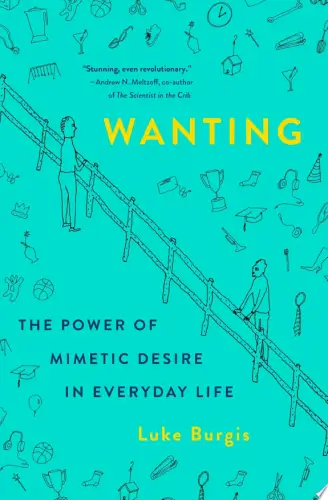
Wanting
Luke Burgis
Mrs Dalloway
Virginia Woolf
The Social Animal
David BrooksTrending Summaries

Peak
Anders Ericsson
Never Split the Difference
Chris Voss
Smart Brevity
Jim VandeHei
The Psychology of Money
Morgan Housel
The First 90 Days
Michael D. Watkins
Atomic Habits
James Clear
Thinking, Fast and Slow
Daniel Kahneman
The Body Keeps the Score
Bessel van der Kolk M.D.
The Power of Regret
Daniel H. Pink
The Compound Effect
Darren HardyNew Books

Forex Trading QuickStart Guide
Troy Noonan
Comprehensive Casebook of Cognitive Therapy
Frank M. Dattilio
The White Night of St. Petersburg
Michel (Prince of Greece)
Demystifying Climate Models
Andrew Gettelman
The Hobbit
J.R.R. Tolkien
The Decision Book
Mikael Krogerus
The Decision Book: 50 Models for Strategic Thinking
Mikael Krogerus
Fichte
Johann Gottlieb Fichte
Do No Harm
Henry Marsh
